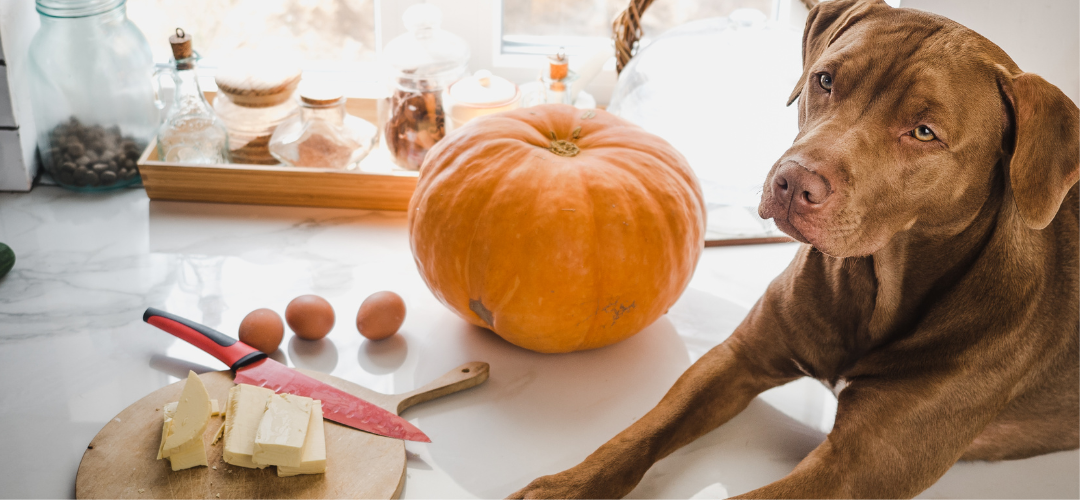
So...can dogs eat cheese or not?
Most people are very close with their dogs. It only makes sense to want to share your food with your dog. Unfortunately, not all human foods are safe for the dog. Cheese is a prime example of something we enjoy but may not be okay for dogs. This begs the question, can dogs eat cheese?
Generally, dogs can have cheese in moderate quantities without a problem. However, there are some exceptions. Just like people, some dogs can’t handle lactose. Such dogs should never eat cheese. The other factor at play is the type of cheese.
Cheese is a common ingredient in most of our food. It is only natural to want to know if the dog can eat cheese. This article answers these pertinent questions and explains scenarios where cheese could be a problem for your dog.

When is Cheese Good for Dogs?
Cheese is a nourishing and tasty treat for people. It contains nutrients such as protein, vitamins, calcium, and fatty acids. But can dogs have cheese?
Yes, they can and most dogs seem to love it. They enjoy it purely for its great taste which is why you should control the intake. Cheese also contains sodium which is an essential mineral. Sodium helps in maintaining nerve and cell functions. However, excess sodium intake can bring about nerve complications. Symptoms include weakness, seizures, and coma. So, is cheese bad for dogs?
Despite these potential benefits, you should never use cheese as dog food. Cheese is often just used as a treat especially in dog training. The dangers far outweigh the benefits.
When is Cheese Bad for Your Dog?
Although small amounts of cheese are okay for most dogs, there are situations when cheese is a no-no. The biggest reason to avoid cheese is lactose intolerance. Dogs with this problem lack the enzyme lactase that helps the body to break down sugars in milk products.
When such a dog eats cheese, its digestive system struggles to break it down. It can be extremely uncomfortable. Symptoms may include vomiting, diarrhea, and bloating. If you suspect your dog is lactose intolerant, simply eliminate dairy from their diet and they’ll be fine.
Another closely related condition is dairy allergy. Unlike lactose intolerance, some dogs become allergic to the protein in cheese and dairy products. Since allergic reactions are immunological responses, the consequences could be fatal.
Never give your dog cheese if you have doubts. You may not know, especially if you recently adopted a puppy. This begs the question, can puppies eat cheese? The only way to know is by talking to your veterinarian. They will let you know if the puppy has a problem digesting dairy.
Choosing the Best Cheese for Your Dog
Cheese is problematic because of lactose intolerance, obesity, and allergies. But if your dog doesn’t struggle with any of these issues, you can treat your dog once in a while. However, you have to be picky with the type of cheese.
Here are a few tips for choosing the best cheese for your pup.

1. Consider the Salt Content
Cheeses are different depending on how they are processed. Hard-aged cheeses are generally saltier than the rest. The salt draws out moisture and ages the cheese. Although dogs need some salt, excess salt can cause hydration and salt poisoning.
If your dog accidentally consumes too much salty cheese, you should give the dog plenty of water. Cheeses with high salt content include string, blue, and American cheese. Thus, consider choosing low sodium options such as mozzarella, ricotta, and cream cheese.
2. Opt for Lower Fat Cheese
Cheese is naturally high in fats. This can be a problem if your dog has weight issues. Studies show that 53% of dogs in America are obese. Feeding cheese to overweight dogs only makes matters worse. It could cause serious conditions such as pancreatitis.
To prevent weight gain, opt for cheese with lower fats such as mozzarella and cottage cheese. Non-fat cheese may sound great but can cause more problems. Your dog is better off with natural low-fat varieties.
3. Avoid Processed Cheeses
Processed cheese is usually combined with other unfermented dairy products. It typically only contains 50% cheese. The rest are emulsifiers and additives. The most common additive in processed cheeses is sodium phosphate. These chemicals are harder to absorb than naturally occurring phosphates.
So can dogs eat cheddar cheese? Most cheddar cheese is natural and creamy. On the other hand, processed cheese can elevate your dog’s phosphate levels resulting in health complications. The phosphates overwhelm the kidneys causing possible kidney failure. In extreme situations, it may result in death .
4. Watch Out for Added Colors
The natural color of the cheese is white or yellow. The exact color depends on the milk used to make the cheese. Any fancy colors like orange or blue are often added during processing. The artificial coloring used can cause hypersensitivity or even trigger allergies.
Just because cheese is white doesn’t make them safe. Some manufactures add titanium oxide to make it whiter. Always look at the product label to check if it is artificial coloring.
5. Beware of Mycotoxins
Moldy cheeses such as Roquefort cheese are popular for their numerous health benefits. However, they also contain mycotoxins that can harm your dog. Additionally, such cheese is notorious for high fat and salt content. High fats and salt is a deadly combination for dogs. That makes them a big no for dogs. Your dog is likely to suffer a case of poisoning and gain weight simultaneously. If you can stick to cheese from organic grass-fed dairy.
Final Thoughts
Only lactose intolerant and dogs with allergies should never have cheese. For most dogs, a little cheese once in a while is okay. When you do it, only offer small amounts as a treat. Training is one of those times when the cheese comes in handy. However, you should make sure the cheese is safe for the dog like Himalayan Yak Cheese by Nature Gnaws.
Look out for mycotoxins, artificial food color, salt content, and fats. If you can’t always vet your cheese, it is safer to just avoid offering your dog any at all. We hope this article answered all your questions.
This article was made pawssible by Esther Rebecca.




